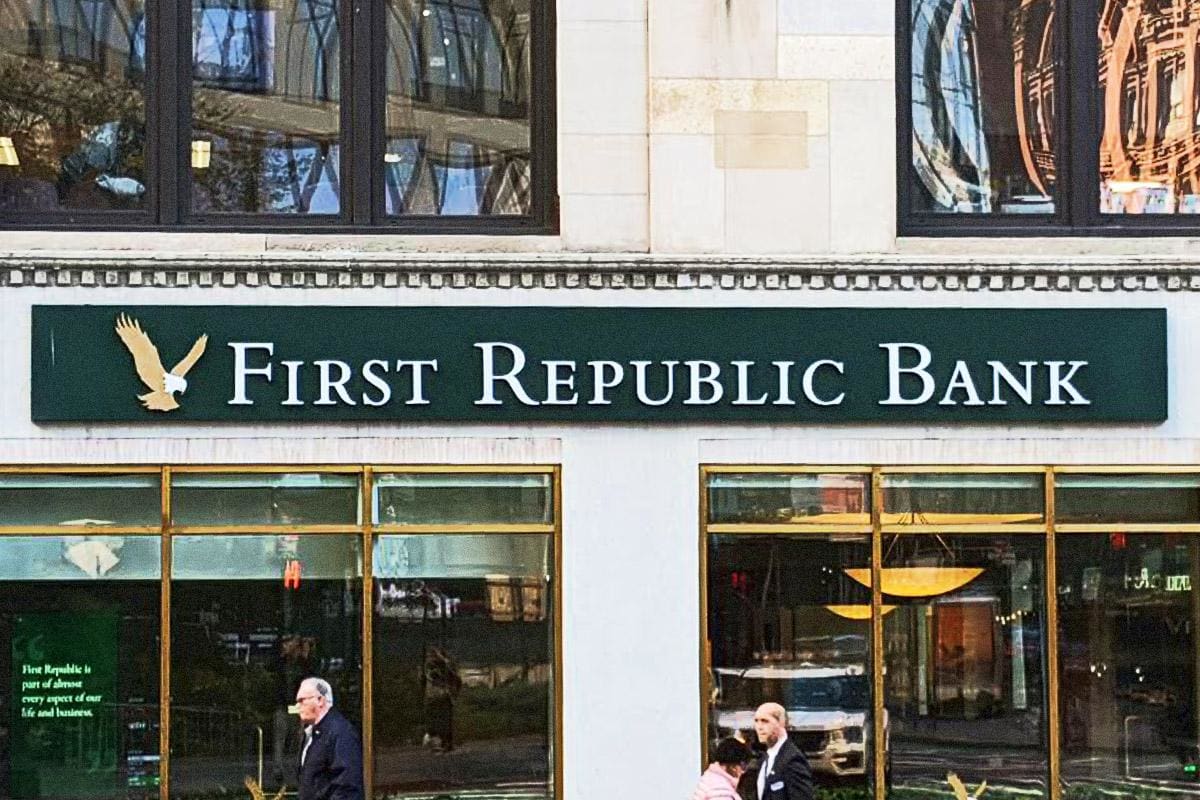
It looks a bit like the mystery novel "And Then There Were None" by the British writer Agatha Christie -- with the only difference that it's real.
And the reality is shaking international business, political and economic circles.
In one week, three banks playing an important role in financing the startup economy collapsed. Two were closed by U.S. regulators, becoming the second and third biggest bank failures in history after Washington Mutual in 2008. These are Silicon Valley Bank (SIVB), which regulators closed on March 10, and Signature Bank New York, which suffered the same fate March 12.
Before them, Silvergate (SI), the crypto bank, on March 8 said it would wind down its operations.
The Common Denominator: Bad Bets
Apart from the fact that they are all medium-sized banks, the common point among the three is that they were not diversified. And above all, they made bets that went severely wrong.
Silvergate bet everything on the emergence and success of the cryptocurrency industry. When a liquidity crunch hit the industry last May, followed a few months later by the sudden crash of cryptocurrency exchange FTX, Silvergate found itself in trouble.
The bank was unable to survive this double whammy and was abandoned by the same clients whose development it had supported.
Silicon Valley Bank, for its part, was at the center of the ecosystem of startups and small businesses -- wineries and farms -- in the San Francisco Bay Area. The bank was also present in eight other countries -- Germany, Canada, China, Denmark, India, Israel, Sweden and the UK -- where it supported startups.
SVB's assets made sense at the time, but when the Federal Reserve raised interest rates, the existing loans became less valuable. And what the government effectively did by raising interest rates was to raise the cost of being a bank.
So when clients who had deposits at SVB moved their money to other banks, SVB had to liquidate loans that were less valuable, and that created a big gap -- $1.8 billion -- on its balance sheet.
'More Banks Will Likely Fail': Bill Ackman
Due to this loss, SVB suddenly said that it needed to raise $2.25 billion of additional capital by issuing new common and convertible preferred shares.
This decision caused a run on the bank. About $42 billion of deposits were withdrawn by the end of March 9, according to a regulatory filing. By the close of business that day, SVB had a negative cash balance of $958 million, according to the filing.
Signature Bank New York was closed because of its exposure to the cryptocurrency industry on which the bank also relied heavily.
Regulators unveiled an emergency plan on March 12, the flagship measure of which is to guarantee deposits from all SVB and Signature Bank New York customers, to avoid contagion. But this plan has not so far managed to dispel fears that other regional banks will fall.
The question seems rather to be: Which one is next to collapse? Or which ones are next?
"More banks will likely fail despite the intervention, but we now have a clear roadmap for how the gov’t will manage them," the legendary hedge fund manager Bill Ackman warned on Twitter on March 12.
For former Goldman Sachs CEO Lloyd Blankfein, "a few banks may have issues like SVB, but only a few. Govt actions removed reasons for bank runs. Biggest banks have much tougher regulation and stress testing."
Is First Republic Bank Next?
All eyes are currently on First Republic Bank (FRC) of San Francisco. The bank's stock was down 66% at last check. Speculation about the prospect that the bank might collapse is circulating on social networks. The bank has published a number of news releases to quell the rumors and reassure the public on its condition.
The total available unused liquidity to fund operations is now more than $70 billion, the bank said on March 12.
"First Republic’s capital and liquidity positions are very strong, and its capital remains well above the regulatory threshold for well-capitalized banks," asserted Jim Herbert, founder and executive chairman, and Mike Roffler, president and chief executive, in a statement. "First Republic continues to fund loans, process transactions and fully serve the needs of clients by delivering exceptional service.”
KeyCorp (KEY), the 20th largest U.S. bank, was also the subject of concern. The bank in recent months has talked about the possibility of restructuring its available-for-sale securities portfolio.
"Historically, you don't love to burn those capital dollars," Chief Strategy Officer Clark Khayat said last month according to Bloomberg News. "If there's an opportunity to make an economically positive trade, we'll think about it. To date, it's been kind of a wash, but the curve is changing."
The stock of the Cleveland bank was down 29% at last check.







